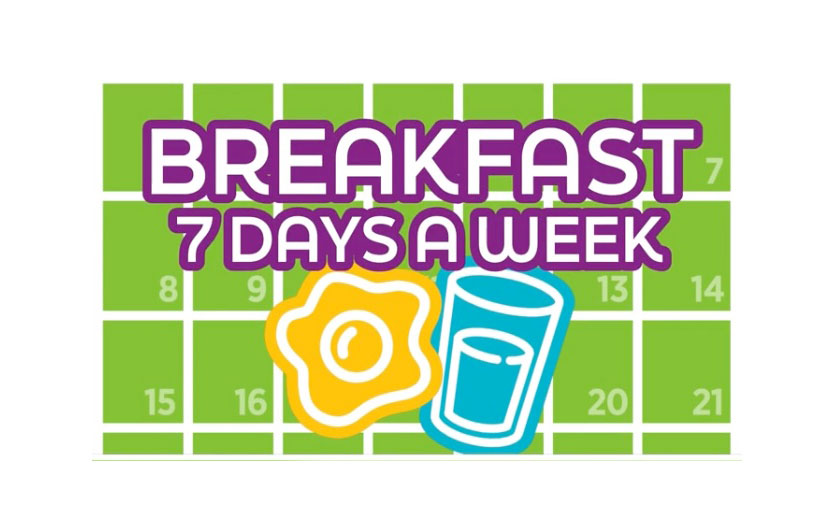
This post was written by Easton Embry, human performance assistant, Parkview Sports Medicine.
Feeling fatigued, weak or as though you’re lacking energy can be a sign you’re losing muscle mass. This can happen naturally, as we age, or due to other lifestyle factors. In this post, we’ll address some of those potential causes, additional warning signs and how to maintain strength through the years.
Causes
Muscle loss can be caused by several factors, including:
- Malnutrition
- Age
- Genetics
- A lack of physical activity
- Certain medical conditions
Warning signs
In addition to general feelings of weakness or low energy, red flags that you might be losing muscle mass include:
- Loss of appetite
- Weight loss
- Decreased strength
- Balance problems
- Loss of muscle coordination
- Facial weakness
- Vision problems
- Daily tasks feel like they are requiring more strength to get through
Preventing muscle loss
The easiest way to counteract these negative effects from happening is simply by staying active. Whether it is something as small as going on a run or walk, to getting back into the weight room or lifting routine. It’s true what they say: Move it or lose it.
For more on movement, check out these posts from the Parkview Dashboard:
Resistance training is a gamechanger for aging adults
New to lifting weights? Don’t make this mistake
Should you be lifting to failure?
Finding an independent fitness routine
Nutrition is also a key factor in staying strong. If your body is not getting the nutrients it needs to maintain your muscles, you will also eventually shed strength.
If you want to read up on sports nutrition, browse these articles from the Parkview Dashboard:
Nutrition to support your active lifestyle
Nourishing Knowledge: Sports supplements
A protein-packed day
Try varying your protein sources for improved health
Learn more about our services available through Parkview Sports Medicine here.




